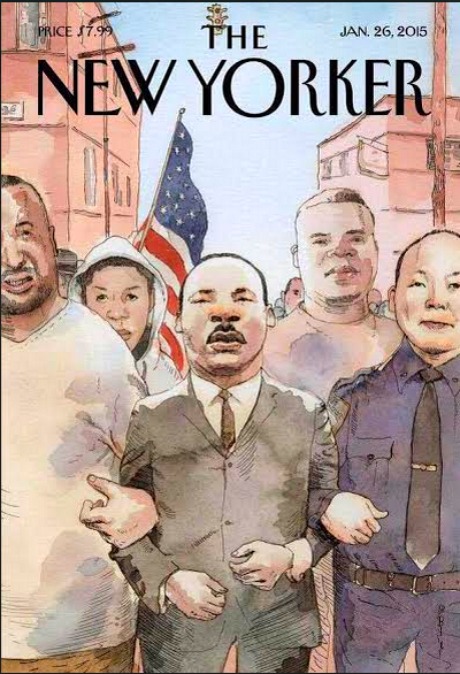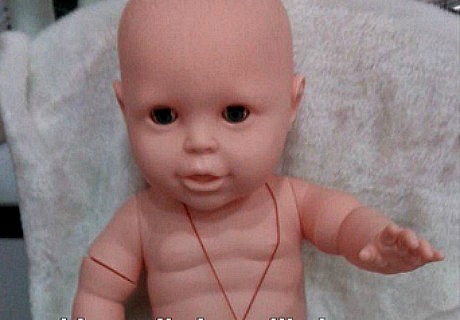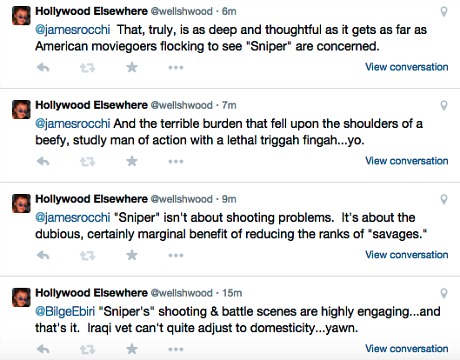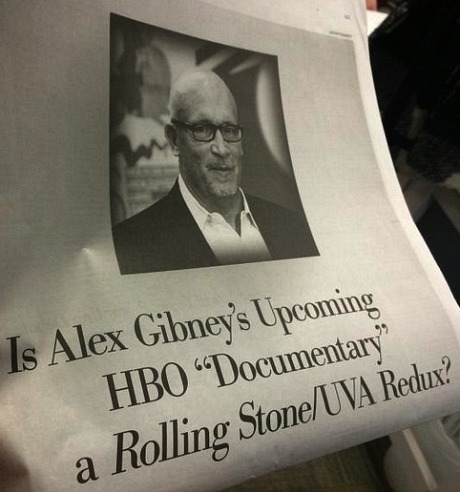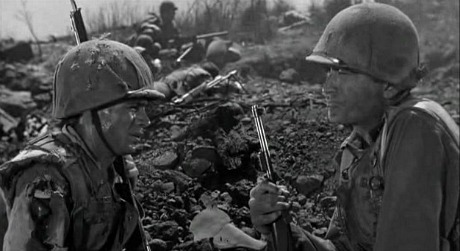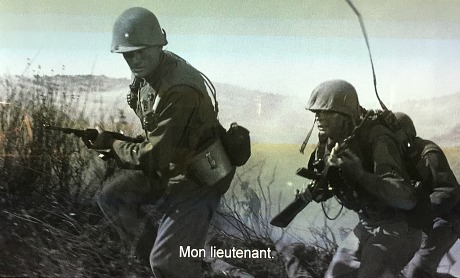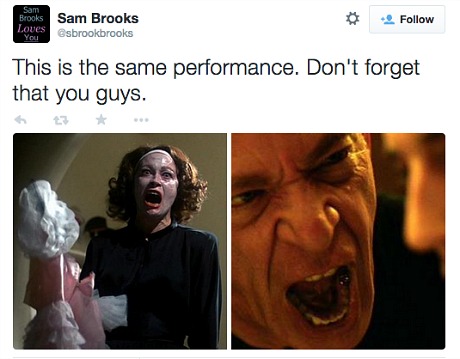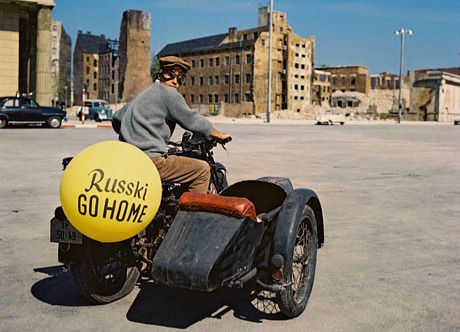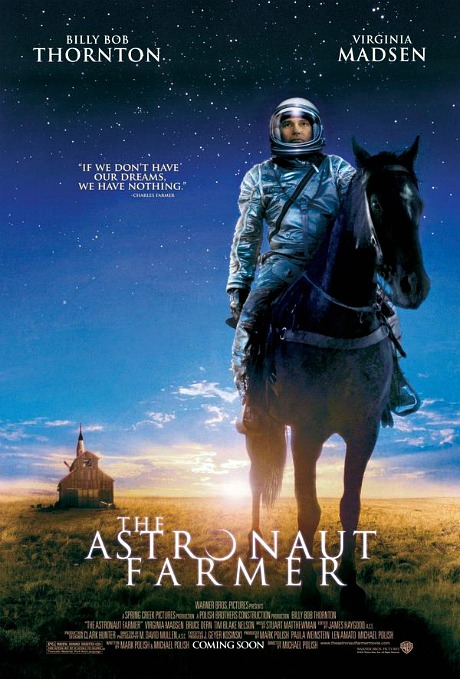After being handed an MVP Award at last night’s Critics Choice Movie Awards (which I attended, sitting at table #49), Jessica Chastain spoke of the general need for more “diversity.” Right now diversity is a p.c. code term that means Selma‘s Ava DuVernay should have been nominated for a Best Director Oscar (it would have been a nice token gesture) and David Oyelowo should have been nominated for Best Actor (okay but who would he have bumped?). Things would feel more congenial if this had happened, for sure, but I still don’t think Selma is good enough to be celebrated as one of the year’s absolute best. That’s a minority opinion, I recognize. It can also get you branded as someone who doesn’t quite get it and who should perhaps (what do you think, guys?) be kept at arm’s length. Trust me — that’s what the cool kidz are saying without actually saying. Get with the pro-Selma mentality or we won’t let you attend parties and meetings in our little clubhouse.
“Today is Martin Luther King Jr.’s birthday, so it got me thinking about our need to build the strength of diversity in our industry,” Chastain said, “and to stand together against homophobic, sexist, misogynist, anti-Semitic, and racist agendas. I’m an optimist, and I can’t help but feel hopeful about the future of film, especially looking at all these beautiful people in this room. Martin Luther King Jr. said, ‘Our lives begin to end the day we become silent about things that matter.’ And I would like to encourage everyone in this room to please speak up.”
That’s funny because we all know what that means apart from what King meant originally. It means that “we all need to tell the conservative, sentimental fuddy-duds to back off and reconsider because this is right effing now and we need to nominate and celebrate films like Selma because that Norman Jewison world all you grandpas grew up with is no more.”
Yes, agreed, of course. And I trust I don’t need to prove to anyone that nobody despises the Academy fuddy-duds more than myself. But that still doesn’t mean Selma is anything more than a good, sturdy capturing of a noble, tumultuous struggle. Y’all need to calm down.
I almost fell out of my chair this morning when I read the following sentence by Salon‘s Andrew O’Hehir: “You can certainly defend, in the abstract, the idea that movie awards should be entirely about the art and craft of cinema, not about who made the movies.” Really? We’re allowed to say such a thing? But if we do, won’t we get ourselves into trouble?
Read more


